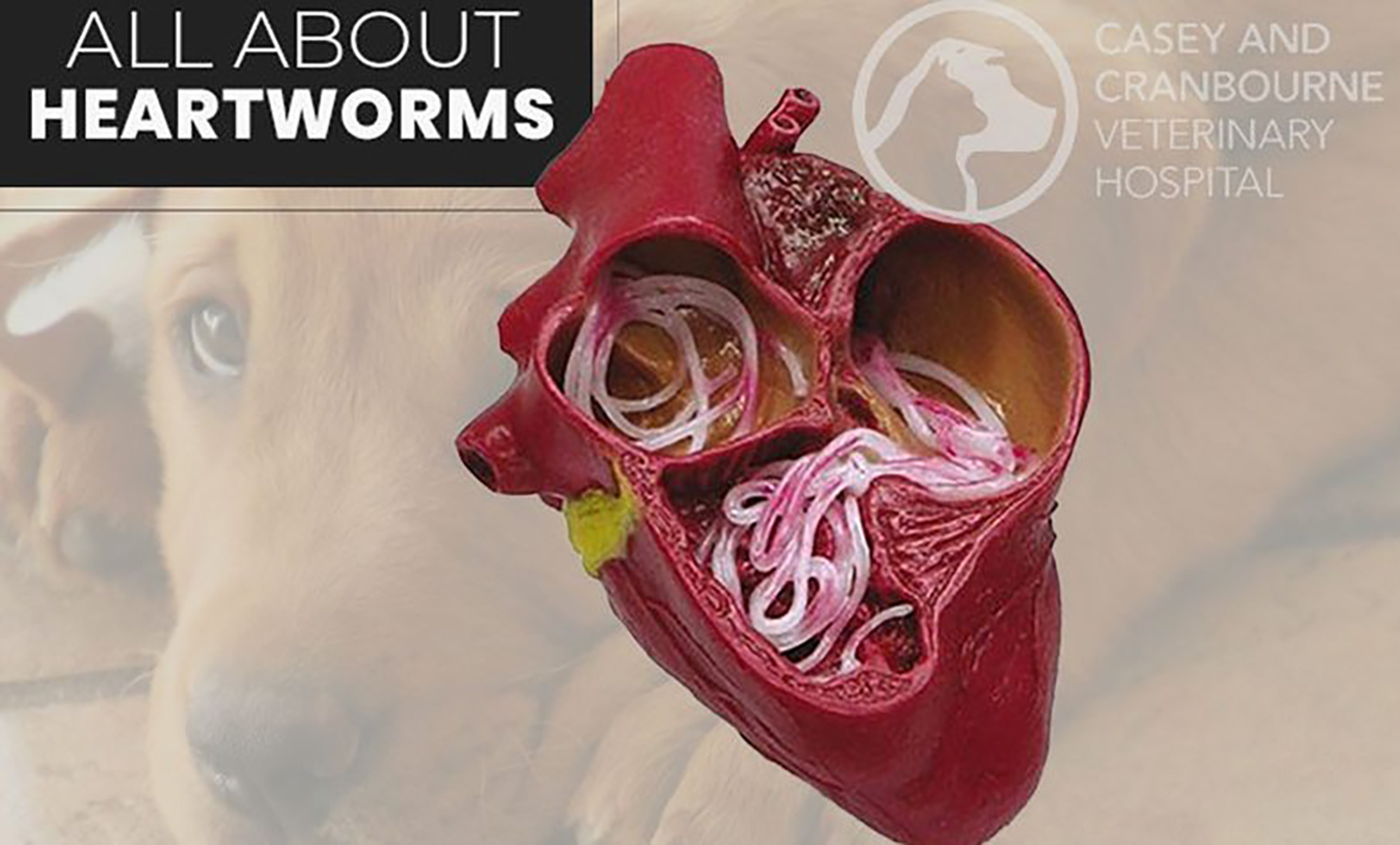What are the signs and symptoms of liver disease in dogs?
Firstly, what does the liver do?
The liver is an important organ with many functions, including the digestion and conversion of nutrients, the removal of toxic substances from the blood, and the storage of vitamins and minerals. Because the liver works to rid the body of so many different substances, it is susceptible to damage from many different sources. An abnormally functioning liver has rapid and widespread effects. Liver disease results in inflammation, known as hepatitis. If untreated, this can lead to loss of function as healthy liver cells are replaced by scar tissue. Diseases elsewhere in the body can also affect the liver’s function.
In most cases, early diagnosis of liver disease allows it to be effectively managed and progression of the disease limited. Many dogs go on to live happily, years after their diagnosis. Regular blood tests, proper nutrition and some medication/supplements designed to support the liver are key to managing your dog’s liver disorder.
What causes liver disease in dogs?
In most cases of canine chronic hepatitis, the cause is unknown, however there are some factors that increase your dog’s likelihood of developing liver disease and these include:
Age: Several diseases, including liver dysfunction, are common in geriatric dogs.
Breed: Certain dog breeds such as the Dobermann, West Highland White Terrier, Labrador Retriever, Skye Terrier, American Cocker Spaniel, English Cocker Spaniel, Standard Poodles and Bedlington Terriers are predisposed to liver disease.
Bedlington Terriers and West Highland White Terriers have been known to have difficulty excreting copper, which can impact a dog’s liver. This genetic disease predisposes these breeds to chronic hepatic disease characterised by copper accumulation in the liver.
Whereas, chronic hepatitis in Doberman Pinschers is an inherited, copper associated disease that can affect middle aged to older dogs, with female dogs more likely to be affected than males.
Medications and chemicals: There are a number of medications that may damage the liver such as acetaminophen (paracetamol), phenobarbital and trimethoprim/sulfadiazine, so careful monitoring is required when using certain medications in dogs.
Other potential causes of damage to the liver include:
- Viral and bacterial infections
- Poisonous substances your dog has eaten
- Altered blood flow to the liver due to heart disease or other congenital abnormality
What are the clinical signs of liver disease?
The signs of liver disease can be very similar to those of other conditions. Symptoms to look out for include:
- Poor appetite or loss of appetite
- Weight loss
- Jaundice (yellowing of skin and whites of eyes)
- Increased thirst
- Vomiting or diarrhoea
- Changes in behaviour
- Excessive drooling
- Lack of energy or depression
Other possible signs of liver disease in dogs include dark-coloured urine, pale gums or a buildup of fluid in the abdomen that could be mistaken for sudden weight gain.
What to do if you notice any of the above mentioned signs and are concerned your dog has liver disease?
If you notice any of the above signs, however subtle, please book them in for an appointment to see one of our vets.
The vet will take a thorough history including any medication your dog may currently be on.
Then a thorough physical exam will be conducted and a screening blood test will be taken.
If the liver enzymes are elevated, further investigation may be warranted such as further blood tests to evaluate liver function in more detail and an abdominal ultrasound. Depending on these results, a biopsy of the liver might be required.
What treatment options are available if your dog is diagnosed with liver disease?
It depends on the cause of the liver disease but treatment usually involves the use of some or all of the following
- Immunosuppressive therapy to resolve or control the inflammatory process
- Antioxidant therapy to prevent oxidative stress
- Antifibrotic therapy to inhibit fibrosis
Treatment of canine chronic hepatitis in most cases is symptomatic, supportive and aimed at slowing progression of fibrosis.
There are some exceptions where further treatment is required beyond symptomatic therapy
- Copper-associated chronic hepatitis where specific treatment includes low-copper diet, copper chelation, and potentially increased alimentary zinc
- Infection-associated chronic hepatitis requiring appropriate use of anti-microbial agents
- Drug-associated chronic hepatitis where treatment involves withdrawal of the drug
For further information on liver disease or if you have any concerns about your dog’s health, please contact Casey and Cranbourne Veterinary Hospital.



